

Faculty five secure €1.5 million from SFI Challenge Fund
The national funding total for this round of the NCF is €13 million spread across 47 research teams. These teams will go on to compete for further funding, worth a total of €65 million over the course of the programme.
John Doyle, Vice President for Research said:
“The strong representation from across DCU in the progressing teams is an excellent result for the university. It shows a breadth of expertise spanning a wide range of disciplines.
“Our researchers have responded to the challenge to tackle the most pressing social and economic challenges of our time.”
“This Science Foundation Ireland funding will make an important contribution to continuing this crucial work.”
The programme is funded by the EU’s Recovery and Resilience Facility. It challenges researchers to identify problems related to Ireland’s transition to green energy and digital infrastructure, and work to solve them. The teams will now spend an initial six months working to refine their ideas.
The announcement comes after DCU rose to 71st in the world for impact in Times Higher Education’s ranking. These rankings recognise institution’s success in implementing the Sustainable Development Goals.
Dr Hannah Goss
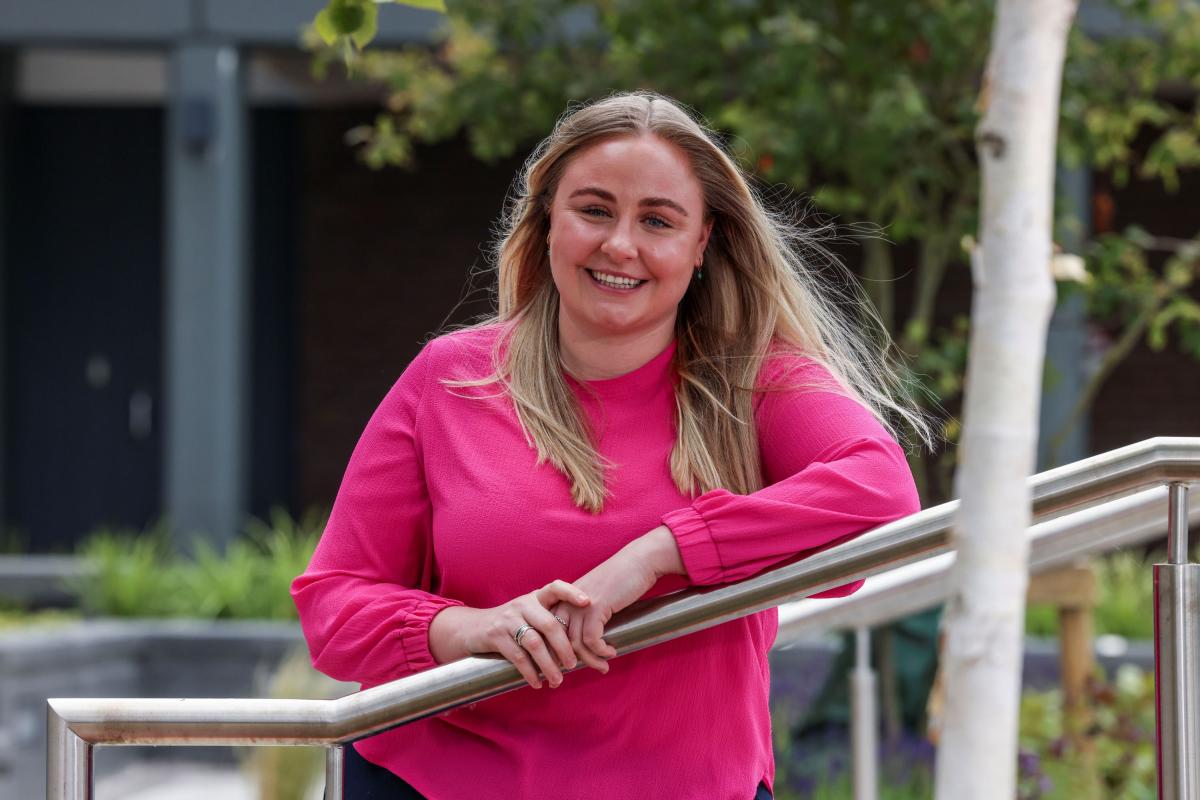
Dr Goss and Prof Smeaton plan to co-develop an app to digitalise the Photovoice process, where photographs are taken as a form of creative expression to record facts, describe realities, communicate perspectives and raise awareness. In the next stage of the NCF, the plan is to pilot the app in schools, and support the Post-Primary Wellbeing Framework.
“Over the next 18 months, we will work with stakeholders to co-design a digital application that can generate knowledge of young people’s lived experiences of health literacy and be used as an educational tool to support the development of young people’s health literacy,” said Dr Goss.
“There are concerning rates of poor health in Irish young people, with consistent evidence of a persistent and widening socioeconomic gap. Proactively developing health literacy in young people is key to addressing these worrying trends.”
Dr Ruairí Brannigan
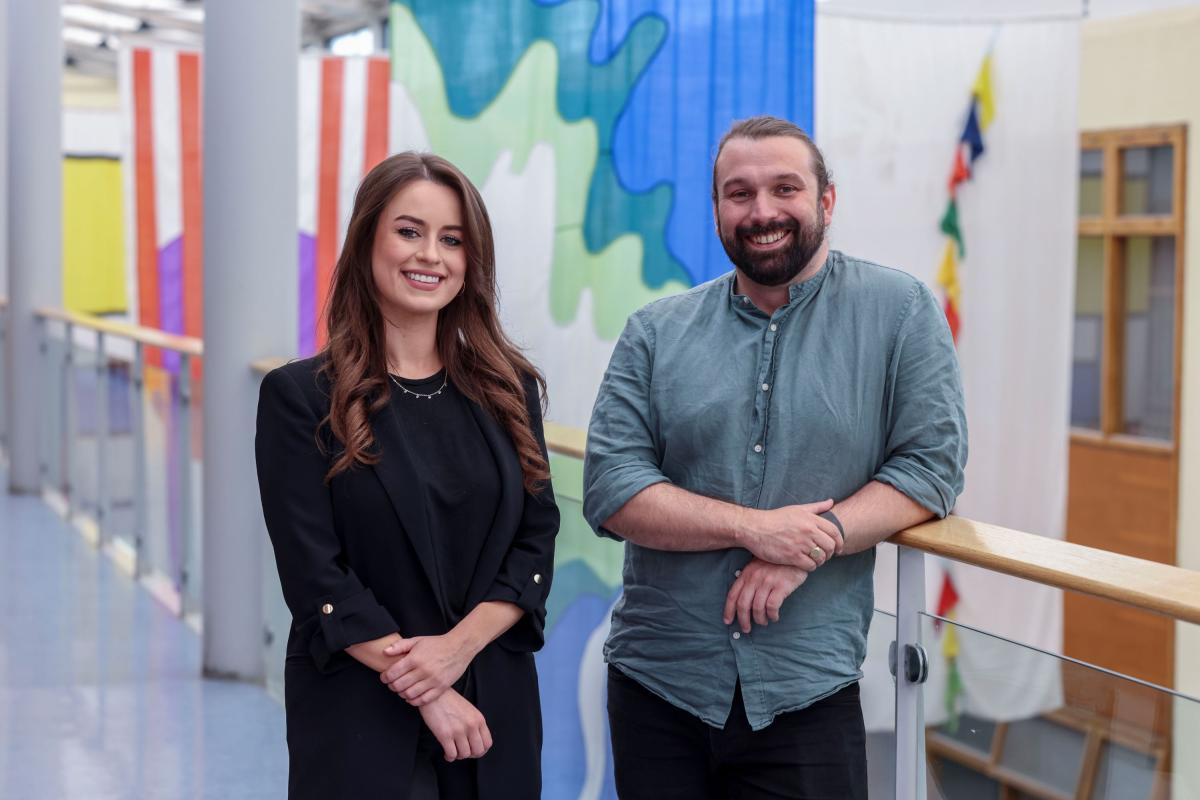
PFAS, which are used in, for example, non-stick cookware, food packaging, water resistant clothing and fire fighting foams are problematic because they resist chemical breakdown, and once released into air, water, or soil, they can remain in the environment for a long time. This has led to PFAS gaining the apt nickname ‘forever chemicals’.
When people are exposed to PFAS through contaminated water these chemicals build up in our bodies over time, leading to cancer, liver damage, immune system disorders and developmental issues in children.
“In Europe, the healthcare costs associated with PFAS exposure is between €52 and €84 billion per year, which highlights just how important it is to find effective solutions to this issue,” said Dr Brannigan.
“Our team has come up with an innovative idea we call PolyFASt, which uses a special kind of ‘one-size-fits-all’ filter, which we hope will remove PFAS from water more efficiently and at lower cost than current filters.
“We firmly believe that this ground-breaking approach can make a significant impact in combating PFAS contamination globally. We also believe that our ambitious plan could lead to Ireland becoming a global leader in clean water and sanitation development.”
Professor Mary Pryce
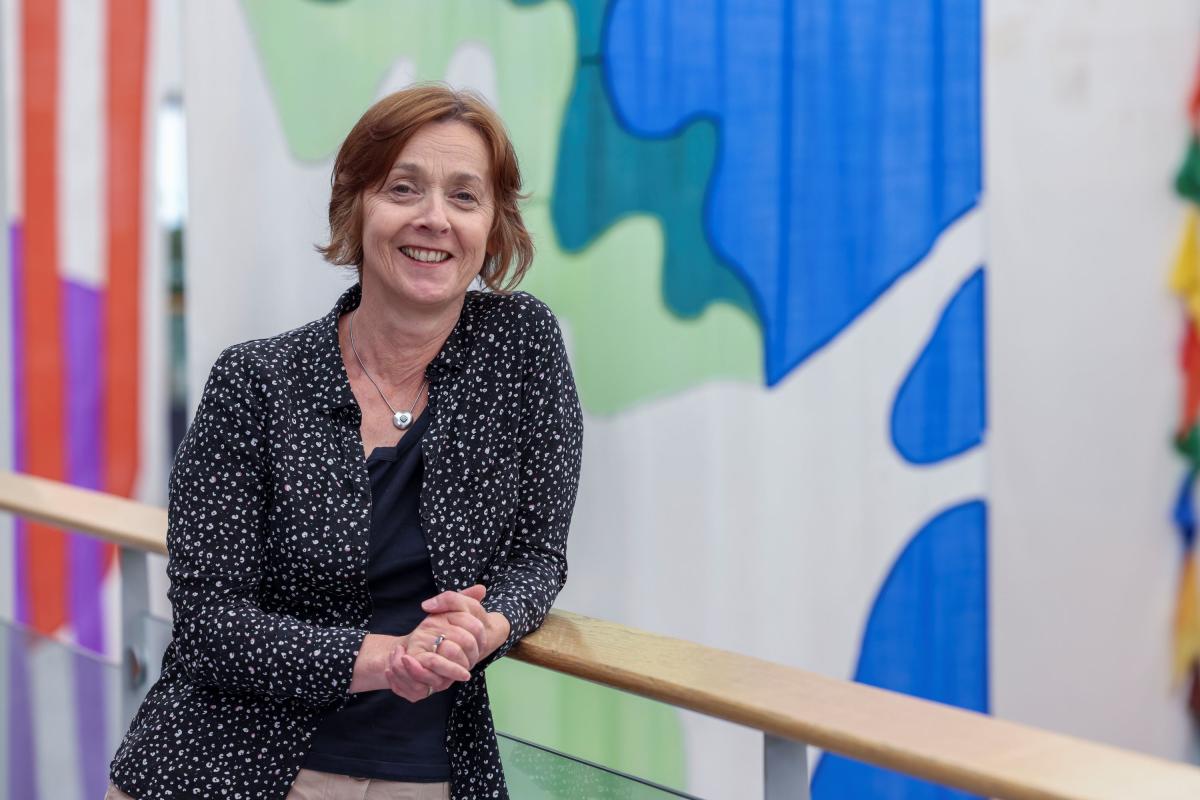
The idea of this project - a collaboration with the Royal College of Surgeons in Ireland - is to develop advanced technologies to remove antimicrobial resistance bacteria from water.
“The proposed technology will be more environmentally friendly and cost-effective compared to current disinfection methods,” said Professor Pryce.
“The initial aim will be to target antimicrobial resistant pathogens in wastewater systems in hospitals before they enter municipal waste streams.”
Dr David O'Connor
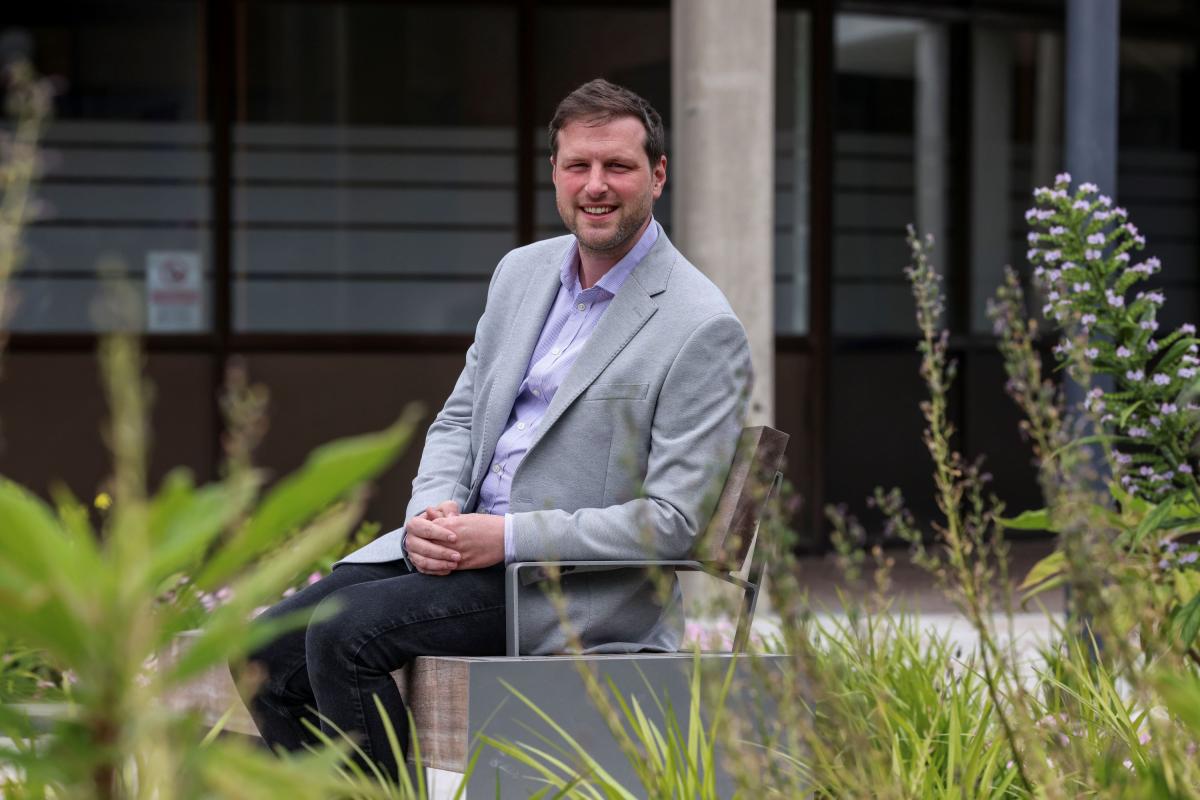
BOHEMIAN will use real-time devices, artificial neural networks and machine learning algorithms to produce the first Irish specific forecast model for allergy related bioaerosols which will allow people to understand and alleviate the influence of bioaerosols on their lives.
Bioaerosols encompass a wide range of organic atmospheric particles (pollen, fungal spores, and bacteria) that can seriously affect the wellbeing of the Irish public, where 30% of the population have an allergy, yet no monitoring of bioaerosols is undertaken here and no data is available to understand the impact of these particles or to enable their mitigation.
“Ireland has the 4th highest asthma level in the world with 380,000 asthmatics,” said Dr O’Connor.
“However, many don’t realise that pollen and fungal spores can trigger their symptoms. This is of particular importance given that climate change is lengthening and intensifying the pollen and fungal spore season. Directly impacting this vulnerable group.”
Dr Ciprian Briciu Burghina
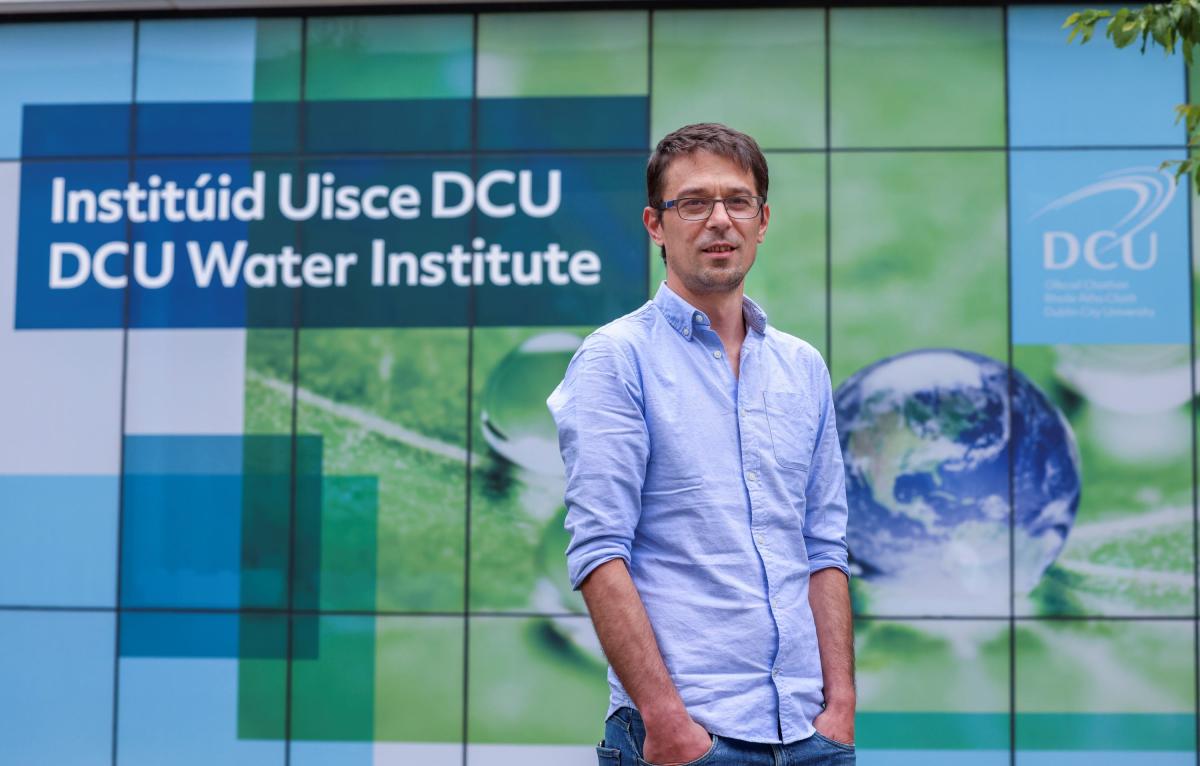
Critical waters are those necessary for recreation, aquaculture, fisheries and drinking water supplies, but the methods by which contamination is now detected take from 18 to 72 hours. Faster detection tools and sensors are needed to provide stakeholders with water quality data in a timely manner to better manage and protect marine and coastal ecosystems.
The RESTARTproject proposes the development of an in-situ sensor for monitoring water quality called CS Sentinel, that will provide an early warning of bacterial pollution events.
“We need clean, healthy water environments and there is no technology out there that can measure that consistently,” said Prof Regan. “The problem is the current way we do things, and the time needed for sample collection and analysis.”
“RESTART aims to tackle this problem by developing fast and easy to use sensors for measuring bacterial water contamination,” Prof Regan added.
